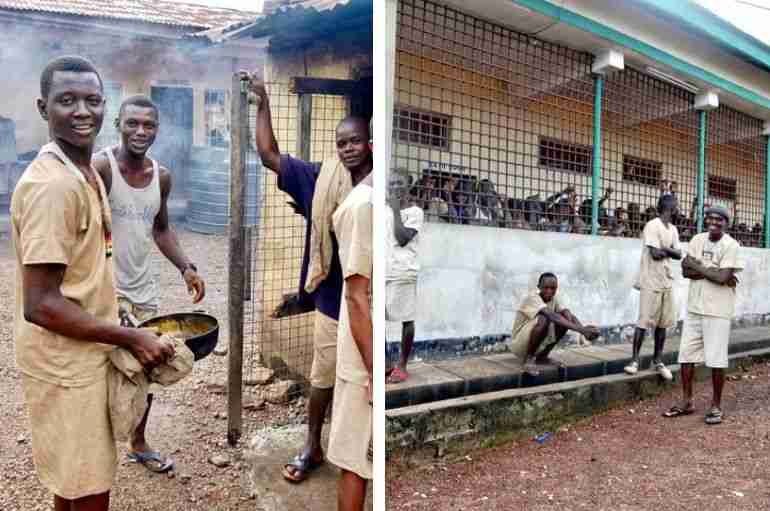Sierra Leone Has Abolished The Death Penalty, Becoming The 23rd African Country To Do So
The parliament of Sierra Leona voted unanimously to pass a bill abolishing the death penalty on the Friday July 23, becoming the 23rd African country to end capital punishment, which is largely a legacy of colonial legal codes in Africa.

The parliament of Sierra Leona voted unanimously to pass a bill abolishing the death penalty on the Friday July 23, becoming the 23rd African country to end capital punishment, which is largely a legacy of colonial legal codes in Africa.
Julius Maada Bio, the President of Sierra Leone, officially gave the directive to abolish the death penalty from the country’s laws in February this year.
Lawmakers replaced the death sentence with a maximum life sentence for certain crimes such as murder and treason, the New York Times.
“Today, I have fulfilled a governance pledge to permanently abolish the death penalty in Sierra Leone. I thank citizens, members of Parliament, development partners, and rights, groups that have steadfastly stood with us to make history,” Bio said on Twitter.
The last time the death penalty was carried out in Sierra Leone was 1998 after the country executed 24 soldiers for allegedly participating in an attempted coup.
The last time the death penalty was carried out in Sierra Leone was 1998, when at the apex of a devastating civil war, 24 soldiers were executed by firing squad for having participated in a coup the year before.
However, last year, the country handed down 39 death sentences in 2020, up from 21 in 2019, and 94 people were on death row, according to rights group Amnesty International.
“It’s a dream come true in terms of criminal justice, to actually remove such a heinous penalty,” Simitie Lavaly, a member of Sierra Leone’s Human Rights Commission and a lawyer who has represented people on death row, told the New York Times.
The director of the women’s rights group AdvocAid, Rhiannon Davis, told the Guardian that the law would benefit women and girls who have been accused of murdering an abuser.
“Previously, the death penalty was mandatory in Sierra Leone, meaning a judge could not take into account any mitigating circumstances, such as gender-based violence,” Davis said.




